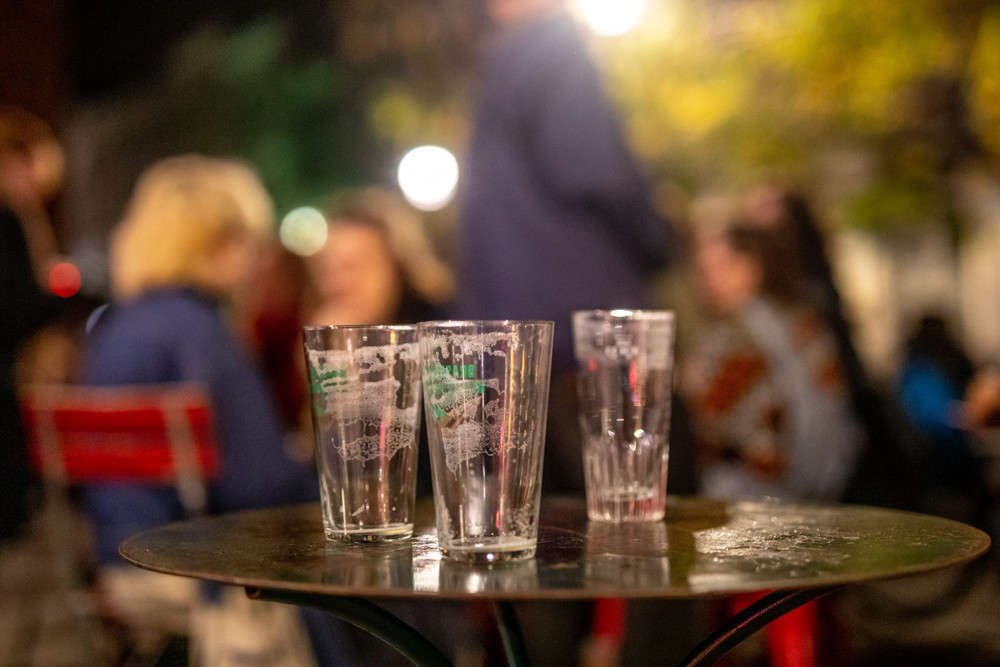Belgium's authorities should be careful with the relaxations that were planned for early May and postpone them to the end of the month, according to biostatistician Niel Hens (UAntwerp/UHasselt).
The so-called "Easter pause" introduced by the Consultative Committee at the end of March had less effect than hoped for, Hens explained on VRT's television programme 'De Afspraak' on Tuesday evening.
"We hope not, but the effect [of the Easter pause] may be short-lived," Hens said.
New simulation models, based on people's behaviour in September 2020, show that if the planned relaxations (opened terraces, events with a limited audience) happen from 7 May, Belgium will still see around 200 daily Covid-19 hospitalisations in July.
If those same relaxations are postponed by two weeks, to 21 May, the models show that the resulting rise in hospital admissions will be much more limited, according to him.
Related News
- Belgium announces 'cautious' relaxations after Easter pause
- Terraces 'guaranteed' to reopen on 8 May, say Francophone Liberals
- Experts question feasibility of Belgium's relaxation milestones
However, the researchers also took into account that people have about five close contacts instead of only one, when drawing up the models, as was shown in the latest report by the GEMS expert group last week.
"Conclusion: as we are really at cruising speed in terms of vaccination now, it is wise to be patient," Hens said, adding that these models also show that vaccination alone will not be enough if people do not respect the rules now.
"The relaxations will depend on our current behaviour," he stressed, adding that if people start getting their behaviour right, a lot is possible. "It is never too late to be less lax."
According to Hens, "the golden mean" is to only see a limited number of people, and to only meet outdoors, as instructed. "From 26 April, you can meet ten people outside, but make sure there is enough distance. Stick to those fixed ten, don't see ten different people every day. Use your common sense."
Hens stressed that, as a scientist, he was not going to get involved in political discussions as it was not up to him to make decisions. "I can only encourage politicians to make them in a united way," he added.
Additionally, if the models are proven right and everyone sticks to the measures, the situation will improve "quite soon," according to Hens. "We will have to do it step by step, and be very aware of that. We are vaccinating well. Let us give that every chance."
Maïthé Chini
The Brussels Times

